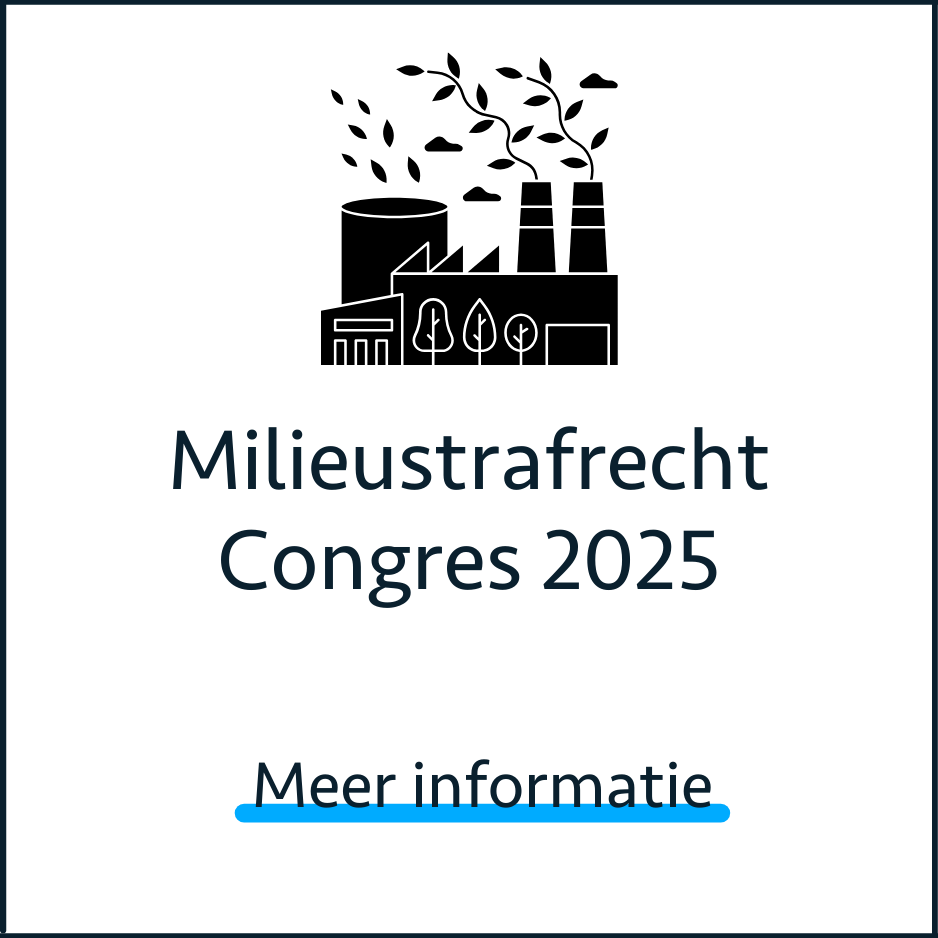Non-disclosure of police sources
/In the case of Donohoe v. Ireland, the European Court of Human Rights held that the non-disclosure of police sources did not make the trial of a member of the IRA unfair. The case concerned the fairness of Mr Donohoe’s trial and conviction before the Special Criminal Court (‘SCC’) in Ireland for being a member of the IRA. His conviction was based, among other things, on evidence given by a Chief Superintendent of the Irish police, who testified that it was his belief that Mr Donohoe was a member of the IRA.When asked to identify the sources of his belief, the Chief Superintendent claimed privilege stating that disclosure would endanger lives and State security. The SCC directed the Chief Superintendent to produce all relevant documentary sources which formed the basis of his belief and it reviewed those files in order to be satisfied as to the reliability of his belief. Neither the prosecution nor the defence had access to that confidential material. Mr Donohoe complained that the non-disclosure had made his trial unfair as it seriously restricted his defence rights.
Lees verder:
- European Courts, Case law from the European Court of Human Rights (ECtHR) and the Court of Justice of the EU (CJEU)











